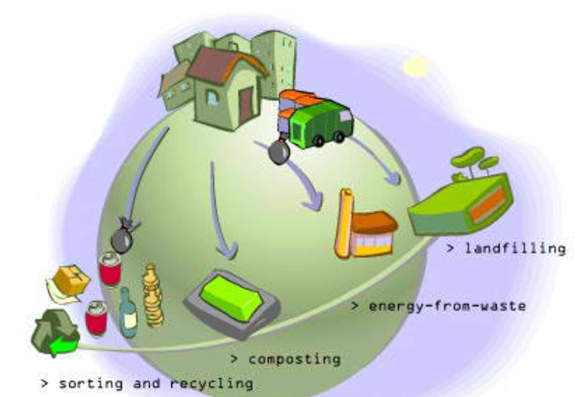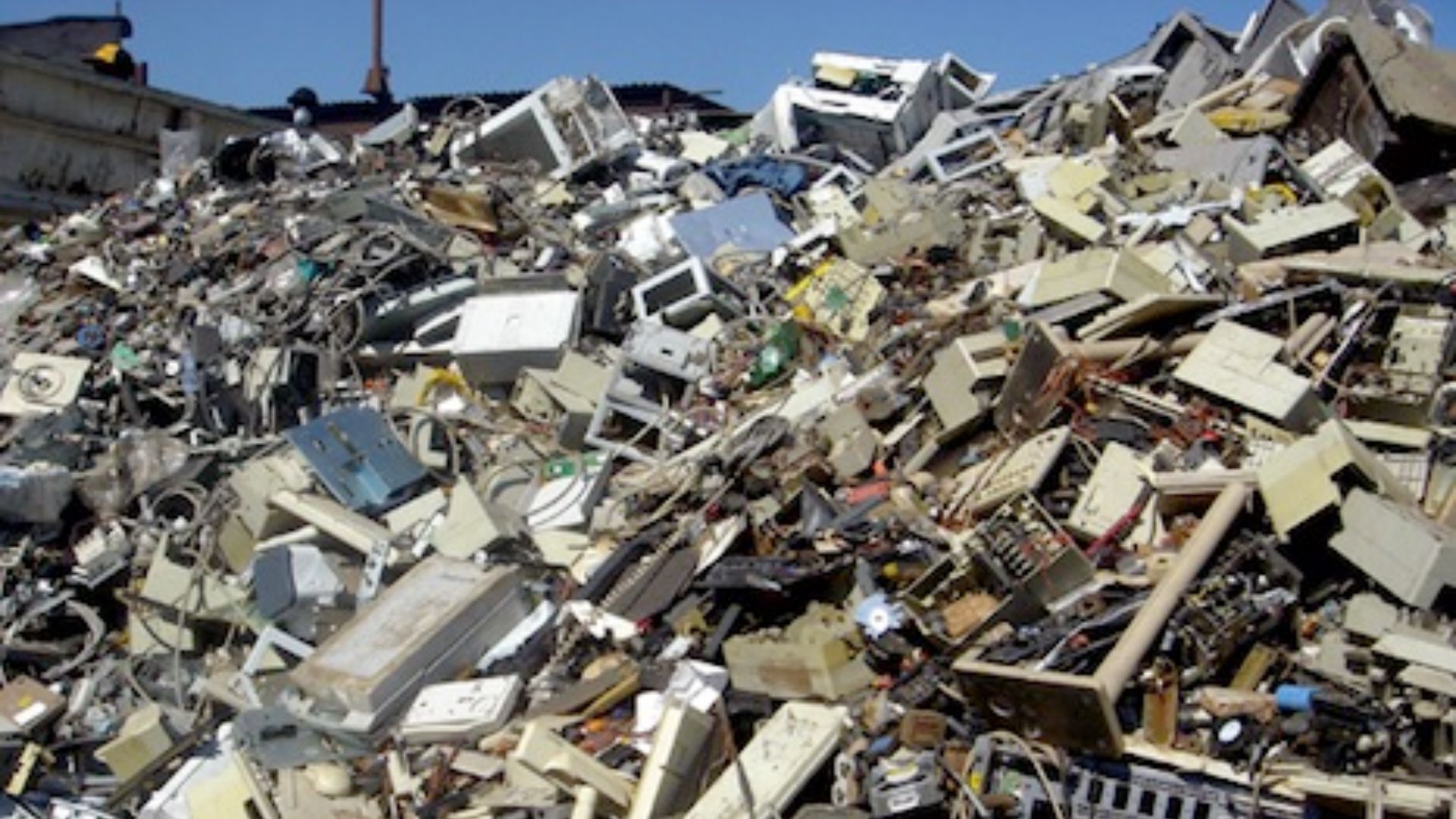In our modern world, the issue of waste management has become a critical concern. The volume of waste generated by human activities has reached alarming levels, impacting our environment, health, and overall quality of life. The key to addressing this challenge and creating a cleaner planet lies in the development and implementation of effective waste management systems. This article explores the importance of such systems and how they contribute to a more sustainable and eco-friendly world.
Reducing Environmental Pollution
One of the primary reasons waste management systems are crucial is their ability to reduce environmental pollution. Improper waste disposal, including littering and dumping waste in water bodies or open areas, poses a significant threat to ecosystems. This pollution can harm wildlife, contaminate water sources, and disrupt the natural balance of the environment. By managing waste properly, we can significantly reduce these negative impacts, ultimately helping to protect our planet’s delicate ecosystems.
Minimizing Landfill Usage
The unsustainable growth of landfills is a pressing concern. Landfills take up valuable land space and contribute to the release of harmful greenhouse gases, such as methane, which exacerbates climate change. Effective waste management systems focus on reducing the amount of waste sent to landfills through methods like recycling, composting, and waste-to-energy technologies. This not only conserves space but also minimizes the environmental harm associated with landfills.
Resource Conservation
Waste management is not just about disposing of waste; it’s also about recognizing the value of resources within that waste. Many materials, such as plastics, metals, and paper, can be recycled and reused. Through proper sorting and recycling programs, waste management systems conserve these valuable resources, reducing the need for raw material extraction and the associated environmental impacts.

Public Health Benefits
Inadequate waste management can pose serious health risks to communities. When waste is not managed properly, it can become a breeding ground for disease-carrying pests and bacteria. Contaminated water sources from improper waste disposal can also lead to waterborne illnesses. Effective waste management systems safeguard public health by reducing the risk of such outbreaks.
Energy Recovery
Modern waste management systems incorporate technologies that allow for the recovery of energy from waste. Waste-to-energy facilities use various processes like incineration and anaerobic digestion to convert waste into electricity or heat. This not only reduces the amount of waste going to landfills but also generates clean energy, contributing to a more sustainable energy mix and reducing greenhouse gas emissions.
Economic Opportunities
Investing in robust waste management systems can create economic opportunities. Recycling and waste-to-energy industries generate jobs and promote innovation in waste processing and disposal technologies. By reusing and repurposing materials, these systems also contribute to cost savings for businesses and households.
Sustainable Development
The United Nations’ Sustainable Development Goals (SDGs) emphasize the importance of responsible consumption and production, clean water and sanitation, and the preservation of life on land and below water. Effective waste management aligns with several of these goals, promoting a more sustainable and equitable world. Therefore, by reducing waste, conserving resources, and protecting the environment, we move closer to achieving the SDGs.
Encouraging Responsible Behavior
Waste management systems not only provide the infrastructure to handle waste but also play a role in encouraging responsible behavior among individuals and businesses. Through education and awareness campaigns, people are more likely to engage in recycling, composting, and other sustainable waste disposal practices. In the long run, this leads to a culture of environmental responsibility.
Conclusion
In conclusion, waste management systems are undeniably the key to a cleaner planet. They address the pressing issues of environmental pollution, land overuse, resource conservation, public health, and more. As we strive for a more sustainable and eco-friendly world, investing in efficient waste management systems is not an option but a necessity. It is through these systems that we can transform the growing waste crisis into an opportunity for positive change, safeguarding our planet for current and future generations. By minimizing waste, conserving resources, and promoting responsible behavior, we can look forward to a cleaner, healthier, and more sustainable world.



